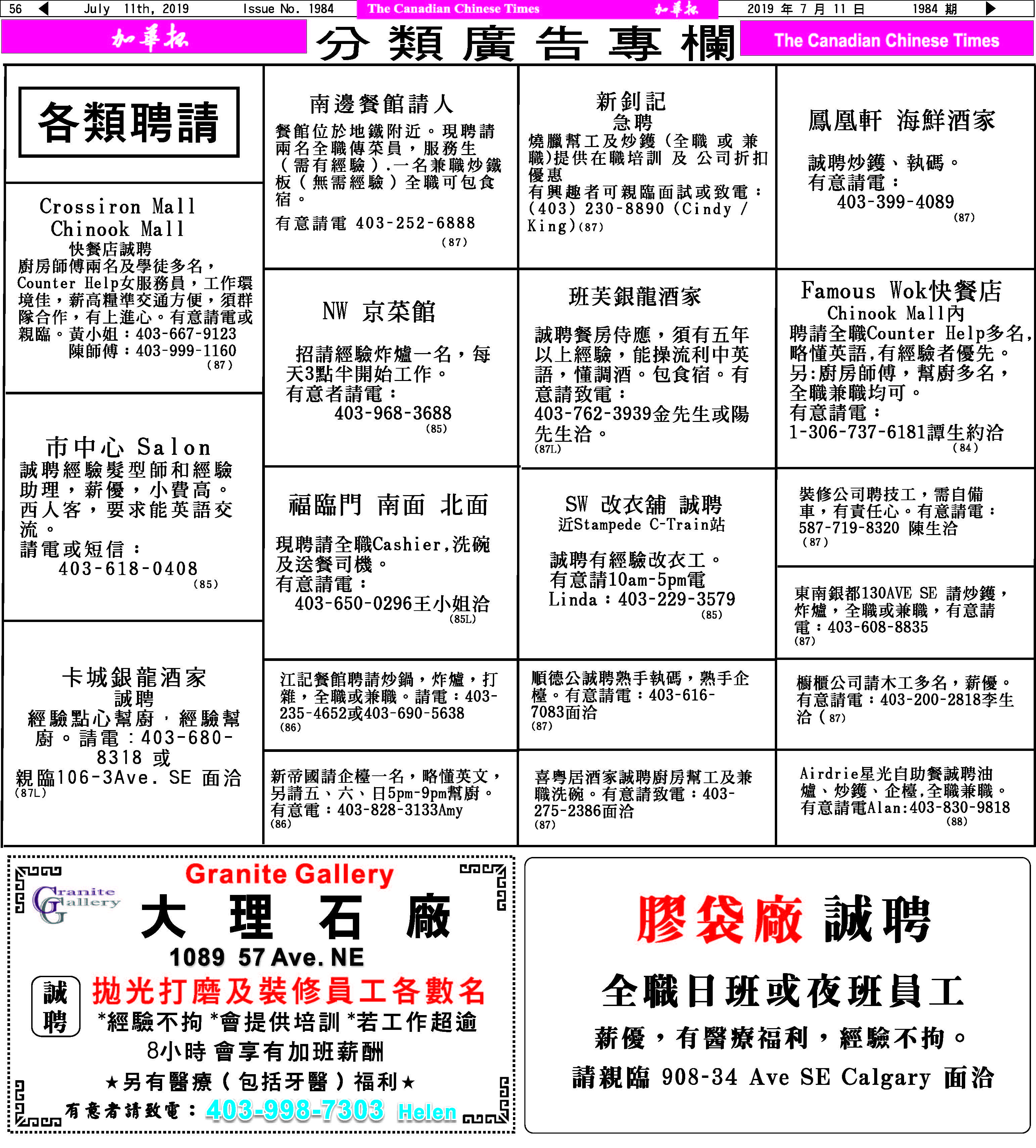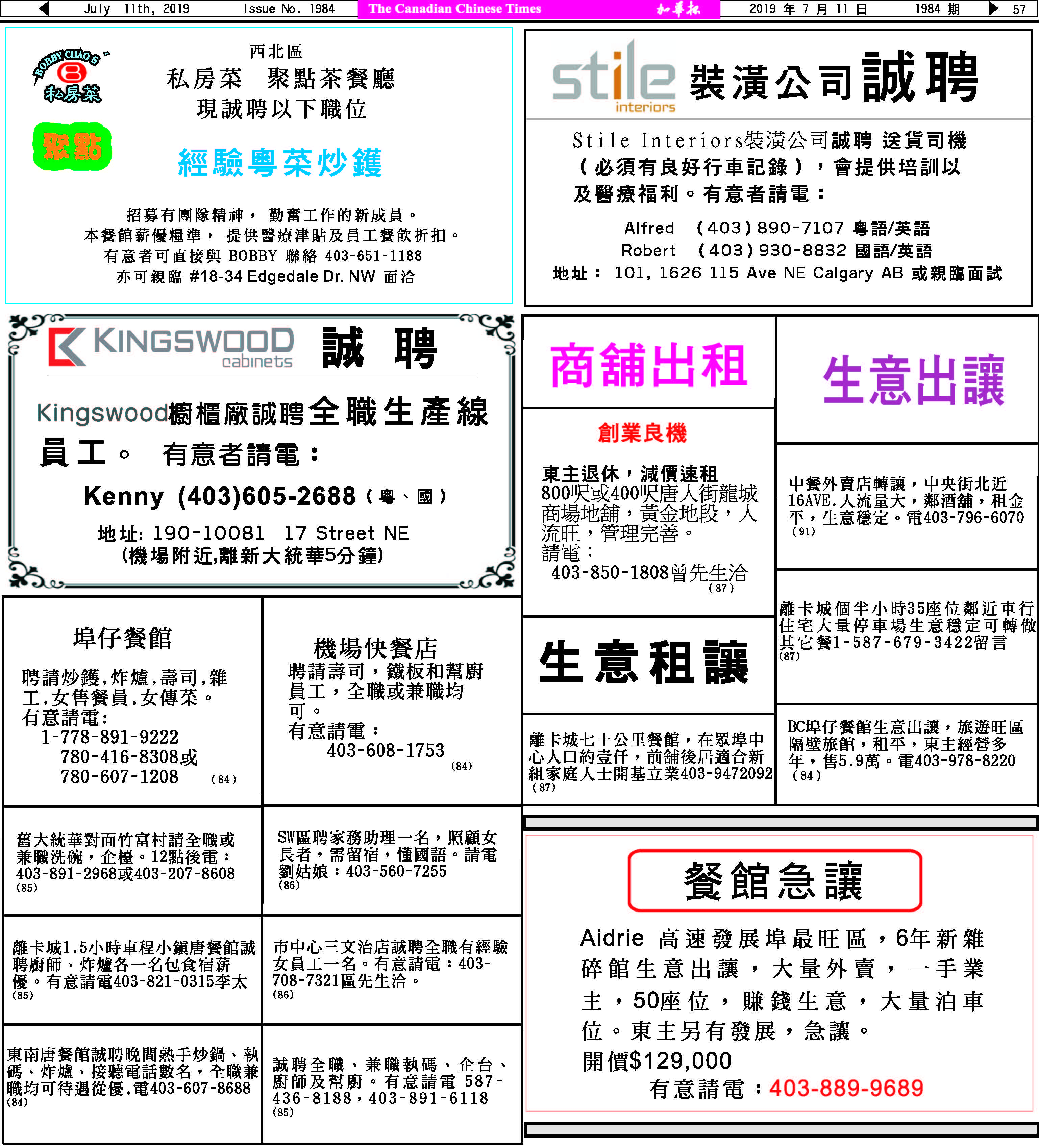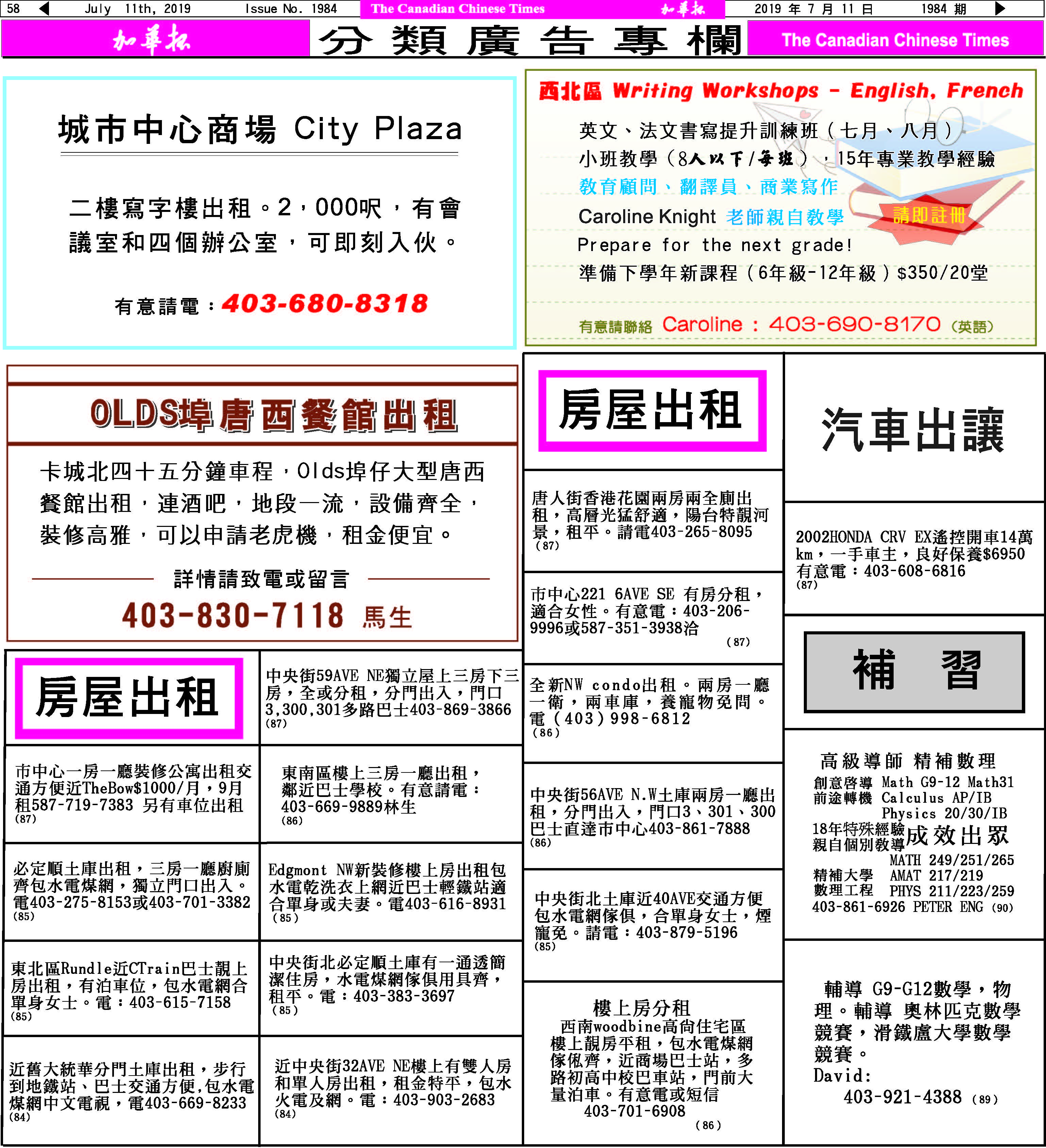George Orwell's novel, *1984*, paints a picture of a world where things are turned upside down, where what is true comes after what is made up, and clear thinking is lost to confusion. It's a story that has, in a way, really stuck with people across different times and places, sparking many conversations about control and how information shapes our lives. We often find ourselves looking at the things Orwell described and wondering if they have any connection to what we see around us, especially when we consider how ideas move through communities, like those talking about "1984 Chinese" today.
The book brings up many points about how power works, showing how those in charge, with the help of certain individuals who are very good with words, can make people believe almost anything. Think about the telescreens and O'Brien in *1984*, or even Squealer in *Animal Farm*; these figures help the top rulers keep everyone in line. This sort of influence, actually, makes you think about how messages are spread and received, and what happens when independent thought becomes a real challenge for people.
So, what does this book truly mean to say? Many who finish reading *1984* sometimes feel they haven't quite grasped its full message, wondering if characters like Winston truly give in, or if there's more to their story. It's a book that keeps you pondering, kind of, long after you've turned the last page, making you consider its deep questions about freedom and human nature, particularly as it relates to contemporary discussions, which is that, perhaps, why the term "1984 Chinese" has become a point of interest for many.
Table of Contents
- What is the Core Message of 1984?
- How does the Idea of "War is Peace" Resonate in 1984 Chinese Discussions?
- Why Does 1984 Feel So Relevant Still?
- Are We Really Reading 1984 Chinese for Freedom?
- What Did Orwell Want Us to See?
- The Translator's Role in 1984 Chinese Understanding
- Is 1984 a Prediction or a Warning?
- The Nuances of 1984 Chinese Interpretation
What is the Core Message of 1984?
When people finish reading *1984*, a common question that comes up is, what was the author really trying to get across? It's like, you see Winston, the main character, seeming to accept the system in the end, just like everyone else. But then, you're left to wonder if he was truly persuaded, or if something else happened to him. This part of the book really makes you think about the nature of belief and what it means to be truly convinced, especially when faced with overwhelming pressure. It’s a very deep question, isn't it, about the human spirit and its ability to resist or succumb.
The novel, in some respects, paints a picture of a world divided into three very powerful nations: Oceania, Eurasia, and Eastasia. These nations are always fighting, and inside their borders, life is controlled with a firm hand. They mess with history, they change language, and they even try to break apart families, all to keep people from thinking for themselves or following their natural feelings. This system, you know, makes it hard for anyone to have an independent mind, which is a big part of what the book wants us to consider.
So, the heart of the story, arguably, is about how a system can take away a person's ability to think freely and make their own choices. It shows how truth can be bent, how memories can be rewritten, and how even our most basic human connections can be messed with. This idea, in a way, is what makes the book so powerful, as it explores the boundaries of human endurance and the reach of absolute authority. It really makes you pause and consider what freedom truly means.
How does the Idea of "War is Peace" Resonate in 1984 Chinese Discussions?
It seems that, quite often, we hear people, particularly those with a large public voice, talking about war in ways that might seem a little unsettling. They might even suggest that peace can only come from conflict, a sentiment that feels rather familiar to those who have read *1984*. This phrase, "War is Peace," is one of the main slogans repeated over and over in the book, like a constant message meant to sink into people's minds. It's a concept that, you know, really makes you think about how ideas about conflict are presented to the public, especially in the context of "1984 Chinese" discussions.
This particular slogan, along with "Freedom is Slavery" and "Ignorance is Strength," is a cornerstone of the ruling party's way of thinking in *1984*. They are not just catchy phrases; they represent a twisted way of seeing the world that keeps people from questioning what is happening around them. When people talk about "1984 Chinese" and these slogans, they are often pointing out how such ideas might show up in different forms in real-life conversations, making you wonder about the messages we absorb daily.
The constant repetition of these ideas, as shown in the book, works to reshape how people understand reality. It's a subtle process, actually, where what seems contradictory becomes accepted as normal. This connection between the book's themes and current conversations, particularly those found within "1984 Chinese" circles, highlights a lasting concern about how information can be used to control what people think and feel. It's a very striking parallel, in some respects, that many people notice.
Why Does 1984 Feel So Relevant Still?
It's interesting how a book written so long ago can still feel so much like it's talking about today. People often wonder why *1984* keeps coming up in conversations about current events. One reason, perhaps, is that the methods of control described in the book—like changing history, altering language, and breaking down family bonds—are, in a way, universal fears about what could happen if power goes unchecked. These are not just plot points; they are, you know, deep concerns about human nature and society.
The novel's portrayal of a world where three powerful states are always at war with each other, while keeping a tight grip on their own people, feels, for many, like a cautionary tale that continues to speak to modern times. The way the book shows how a ruling group can use extreme measures to keep people from thinking for themselves or following their natural feelings is something that, arguably, resonates with various situations around the globe. It's almost as if the book has a timeless quality to its warnings.
There's also this idea that when more people read *1984*, it somehow helps to protect freedom. But then, some wonder if people really understand what that means. Is it just about finding something that looks like the book's descriptions and then, you know, loudly pointing fingers at others? It's a little more complex than that, perhaps, as the true value of reading the book might lie in a deeper look at its themes rather than just surface-level comparisons. This question of how the book is interpreted is particularly relevant in discussions around "1984 Chinese" interpretations.
Are We Really Reading 1984 Chinese for Freedom?
The saying "one more person reads *1984*, one more guarantee of freedom" is something you hear quite a bit. But then, you have to ask, does reading it really mean we're all playing some sort of matching game, looking for things that perfectly fit the book's descriptions? It seems, sometimes, that people might spot something that looks like it's from the book, then declare themselves free and start, you know, telling others off. That's not really the point, is it?
The true message of reading a book like *1984* might be about something deeper than just identifying parallels. It could be about understanding the mechanisms of power, the subtle ways that thought can be controlled, and the importance of critical thinking. When we talk about "1984 Chinese" contexts, it's not just about finding direct comparisons, but perhaps about reflecting on the underlying ideas of truth, freedom, and personal agency. It's a very different kind of engagement with the text.
Winston, a character in the book, thought that the future depended on ordinary people becoming aware. But some people, actually, don't quite agree with that. They might point to examples where people have suffered greatly, and even after their suffering ends, they don't necessarily become more aware or question things more deeply. This brings up a really interesting point about human nature and the challenges of awakening collective consciousness, a topic that, in some respects, comes up often in conversations about "1984 Chinese" interpretations.
What Did Orwell Want Us to See?
Orwell's *1984* has, in a way, been called a truly important novel, and to really get its greatness, picking the right translation is said to be quite important. It seems there are so many Chinese versions out there, it can be a bit overwhelming. Luckily, with services that let you read many books, you can download different versions and compare them. This helps you see how different choices in words can change how you understand the book's core ideas, which is, you know, pretty crucial for getting the full picture.
The book itself has a line that really stands out: "War is Peace, Freedom is Slavery, Ignorance is Strength." This sentence, in some respects, does more than just describe the state of things in the book's extreme government. It also shows the way of thinking behind the politics and the general social conditions of that time. It's a very powerful statement that, actually, sums up a lot of what Orwell was trying to convey about how oppressive systems operate.
Orwell’s *1984* also, in a way, really connects with the time it was written. It paints a scary picture of a government that controls everything, which stood in sharp contrast to some of the real-world political atmospheres back then. This comparison, between the fictional world and the actual world, helps us see what Orwell was, perhaps, trying to warn us about. It’s a very clever way to make a point, using fiction to highlight real concerns.
The Translator's Role in 1984 Chinese Understanding
The experience of reading *1984* can change quite a bit depending on which translated version you pick up. It's almost like, each translator brings their own subtle touch to the words, which can then shift how a reader connects with the story's depth. When discussing "1984 Chinese" versions, this becomes especially clear, as the choice of words can really shape a reader's grasp of the book's strong political messages and its feelings.
Imagine trying to capture the precise feeling of "Newspeak" or the chilling presence of "Big Brother" in a different language. It's a rather difficult task, and the success of a translation can truly affect whether the reader feels the full weight of Orwell's warnings. So, when people compare various "1984 Chinese" editions, they are often looking for that version that best conveys the original's power and its subtle meanings, ensuring the message isn't lost in translation.
The discussions about different translations also highlight how important language itself is in shaping our thoughts, a central theme in *1984*. If the words we use can be controlled or changed, then our ability to think freely is, in some respects, also affected. This makes the translator's job not just about changing words, but about preserving the very essence of the author's warning about the manipulation of language, which is, you know, a very big deal in the context of "1984 Chinese" readership.
Is 1984 a Prediction or a Warning?
It's interesting to consider what different thinkers have said about *1984*. For instance, Isaac Asimov, a well-known writer, apparently didn't think too highly of it. He mentioned that he could barely remember any of the story's details and believed that George Orwell was, in a way, just expressing his strong dislike for Stalin in the book, rather than trying to guess what the future would be like. Asimov felt that Orwell hadn't really tried to predict what might come next, which is, you know, a different way to look at the book.
This perspective brings up a good point: was Orwell trying to show us what *would* happen, or what *could* happen if certain paths were taken? The book describes a world where lies are preferred over truth, and where confusion takes the place of clear thought, which is a rather disturbing idea. It shows how top leaders, with the help of people who are very good at using words for political ends, can make it hard for individuals to form their own independent ideas. This, in some respects, sounds more like a warning about tendencies than a specific forecast.
So, the question remains for many: is *1984* a blueprint for a future that might unfold, or is it a strong caution about the dangers of unchecked power and the manipulation of information? It's a conversation that continues to be relevant, especially when people discuss its implications within "1984 Chinese" contexts, where the book's themes are often examined for their broader meaning rather than as exact predictions. It's a very important distinction to consider, actually, when engaging with the text.
The Nuances of 1984 Chinese Interpretation
When people talk about *1984* in a "Chinese" context, the interpretations can be, you know, quite varied and sometimes subtle. It's not always about a direct, one-to-one comparison of events, but more about understanding the underlying ideas that Orwell presented. For instance, the discussion around whether the book was ever truly banned in places like the US or the Soviet Union brings up different stories. Some say it wasn't, others say it was partly restricted, and then there are other accounts too. This shows how complex the history and reception of such a powerful book can be, particularly when it crosses different cultural landscapes.
The very act of discussing *1984* in any specific cultural setting, like "1984 Chinese" conversations, often involves looking at how the book's themes of control, propaganda, and individual resistance might resonate with local experiences or historical events. It’s about finding those points of connection that make the book feel personally relevant, rather than just an abstract story. This kind of engagement, in a way, allows the book's warnings to feel much more immediate and meaningful to readers.
Ultimately, the way *1984* is read and talked about, especially in different parts of the world, tells us a lot about the ongoing human struggle for truth and freedom. It's a book that, arguably, continues to spark important conversations about the nature of power and the strength of the human spirit to question and resist. These nuances of interpretation, actually, are what keep the book alive and relevant, year after year, for people everywhere, including those exploring its meaning within "1984 Chinese" discussions.
This article has explored George Orwell's *1984*, discussing its core messages about truth, thought control, and the nature of persuasion. It looked at how slogans like "War is Peace" resonate in current discussions, particularly within "1984 Chinese" contexts, and considered why the book remains so relevant. We also touched upon the idea of reading *1984* for freedom and what that truly means, as well as Orwell's potential intentions for the book. The role of translators in shaping the "1984 Chinese" reading experience was examined, alongside the ongoing debate of whether the book is a prediction or a warning. Finally, the article considered the varied and subtle interpretations of *1984* within "1984 Chinese" discussions, including historical perspectives on its reception.
Related Resources:



Detail Author:
- Name : Caleb Marvin DDS
- Username : heathcote.tanner
- Email : jasen49@yahoo.com
- Birthdate : 1994-03-03
- Address : 30333 Frami Prairie Suite 410 East Mitchellstad, MN 75269
- Phone : +1.640.605.2118
- Company : Schneider, Klein and Schoen
- Job : Radio and Television Announcer
- Bio : Nihil cupiditate aut ut rem. Reiciendis tempore repellat qui iusto et sunt. Distinctio labore assumenda recusandae. Voluptas occaecati ut facere ut.
Socials
tiktok:
- url : https://tiktok.com/@maryjane_dev
- username : maryjane_dev
- bio : Quisquam id debitis delectus est. Porro eos quam tenetur rerum sequi.
- followers : 3463
- following : 1824
instagram:
- url : https://instagram.com/maryjane.white
- username : maryjane.white
- bio : Qui iure rerum sunt sit. Rerum atque qui est. Ut iure deserunt architecto molestiae commodi.
- followers : 5077
- following : 958
linkedin:
- url : https://linkedin.com/in/maryjane_id
- username : maryjane_id
- bio : Vitae quaerat officia dolores et nihil quia.
- followers : 3101
- following : 1136
facebook:
- url : https://facebook.com/whitem
- username : whitem
- bio : Quam fuga eum deserunt dolorem sint laboriosam.
- followers : 6376
- following : 354
twitter:
- url : https://twitter.com/white2022
- username : white2022
- bio : Error est voluptatem est. Quia consectetur laborum ut quo. Modi eos quia voluptatem quia. Nulla possimus expedita quas quia fuga.
- followers : 496
- following : 2082